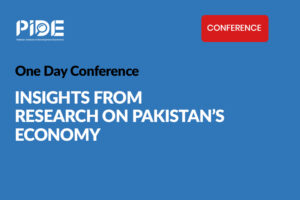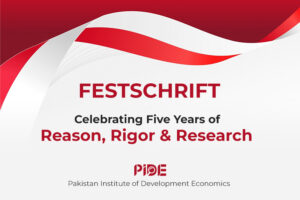Pakistan’s railway sector is not “on rails” and the sector seems to be wrapped around single institution, Pakistan Railways (PR)—managed collectively by the Ministry of Railways (MoR) and PR. The crisis in PR started in 1970s and continues to this date. The passenger traffic has reduced, freight traffic has truncated, revenues have scaled down while working expenses have soared. Most of the locomotives are found in warehouses in need of spare parts. Interference from politicians and bureaucracy, and inability to modernize the 19th century inherited railway asset has led to mere mismanagement and rot. Despite the calls for reforming PR, as other state-owned enterprises, stop gap solutions continue to be adopted to cover inefficiencies instead of creating long term solutions. Today, the working expenses are twice the revenues and the pensions alone account for 77 percent of the revenues. The sector which had the potential to liberate growth through multiple rounds of impacts on economy, is now dependent upon taxes of people of Pakistan. Amid all this, a new railway line—ML-1—and its appurtenant appendages, are being touted as the messiah and the emancipation of the Pakistan’s railway sector. We—PIDE and Reenergia—intend to conduct a series of webinars to discuss and understand what ails this sector and how can the sector be revived and put “back on rails”.







